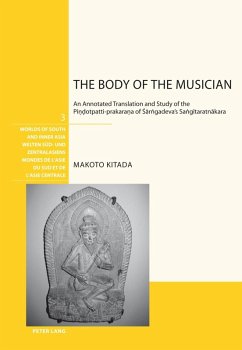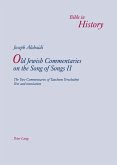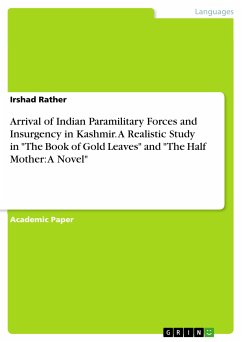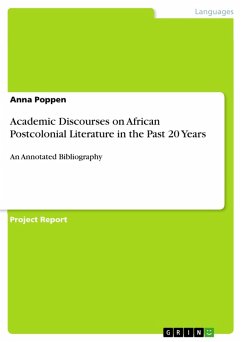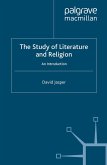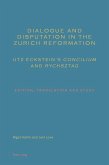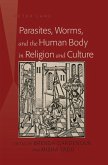The Sangitaratnakara («The Ocean of Music») written by Sarngadeva in the 13th century is the most important theoretical work on Indian classical music. Its prologue, the Pindotpatti-prakarana («The Section of the Arising of the Human Body»), deals with the Indian science of the human body, i.e. embryology, anatomy, and the Hathayogic heory of Cakras. The sources of this work are found in the classical medical texts (Ayurveda) such as Caraka, Susruta and Vagbhata, the Hathayogic texts as well as in the encyclopaedic texts (Purana). After philologically analyzing the mutual relation and background of these texts, the author demonstrates the reasons why the human body is described in this musicological work. His investigation reveals the Indian mystic thought of body and sound. This study, although an Indological one, is an attempt to answer the universal question what music is, i.e. how music is created in the human body, what the effect of music on the human body is, and what music aims at. The second half of the book consists of a translation of the original text of the Pindotpatti-prakarana, including commentaries, with plenty of annotations.
Dieser Download kann aus rechtlichen Gründen nur mit Rechnungsadresse in A, B, BG, CY, CZ, D, DK, EW, E, FIN, F, GR, HR, H, IRL, I, LT, L, LR, M, NL, PL, P, R, S, SLO, SK ausgeliefert werden.
«[...] Kitada s work is distinguished not only by formidable scholarship but also sharp critical judgment. This will be a book to be used by all serious scholars of musicology and choreology as well as biology in the Sanskritic tradition.»
(Mandakranta Bose, Orientalische Literaturzeitung 112/2017)
(Mandakranta Bose, Orientalische Literaturzeitung 112/2017)

